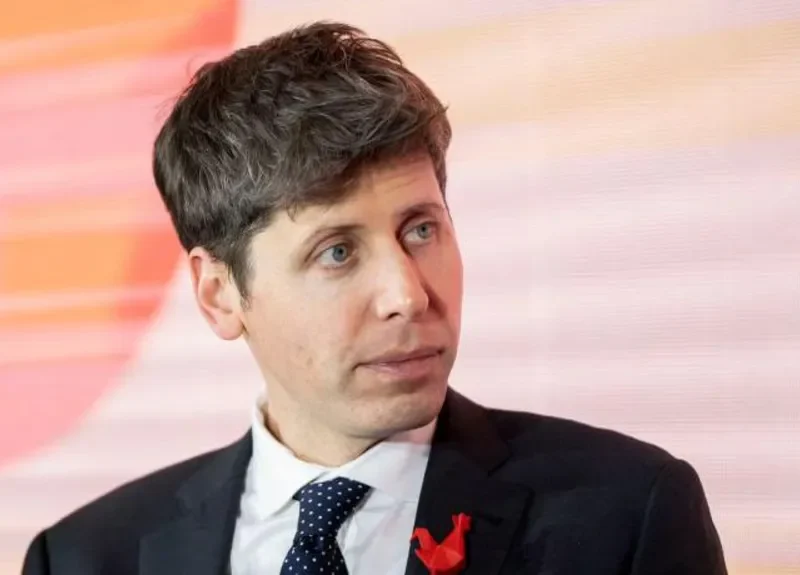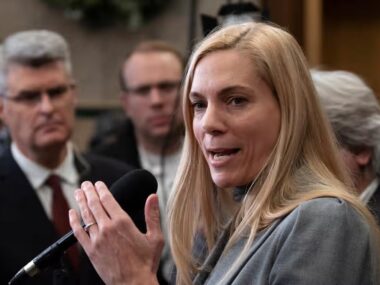OpenAI, the organization behind ChatGPT, has unveiled a revised governance model following internal conflict over its direction.
CEO Sam Altman confirmed that OpenAI will stay under its non-profit board’s control while transitioning into a public benefit corporation — a U.S. legal structure that balances profit with public good. Although Altman had previously suggested a similar structure in December, it lacked clarity regarding the non-profit’s authority.
This announcement comes amid intense scrutiny. OpenAI, originally a non-profit, has faced backlash — including from co-founder Elon Musk — for potentially deviating from its founding purpose of prioritizing human benefit in technology development. Recently, a group including former OpenAI staff and AI pioneer Geoffrey Hinton urged regulators in California and Delaware to halt the structural change.
OpenAI chair Bret Taylor noted the decision followed dialogue with civic figures and legal authorities in both states.
Altman stated the non-profit will hold a significant, yet undefined, stake in OpenAI’s commercial operations, allowing it to fund its independent objectives. He emphasized that the shift aims to simplify OpenAI’s intricate structure, which previously restricted profits — a limitation seen as problematic by investors like Microsoft.
In a staff letter, Altman described the transition not as a sale but a move toward a conventional equity-based framework. Public benefit corporations, unlike standard profit-driven firms, are also legally bound to pursue a broader societal mission.
Altman argued that scaling AI access — which requires substantial capital — aligns with OpenAI’s mission to enable societal advancement through technology. While acknowledging the risks, he expressed confidence that the positive impacts of AI would far outweigh the negatives.
Despite the changes, uncertainty remains. Former OpenAI policy adviser Page Hedley, who led last month’s regulatory appeal, welcomed the engagement but stressed unresolved concerns about technology ownership and mission prioritization.











